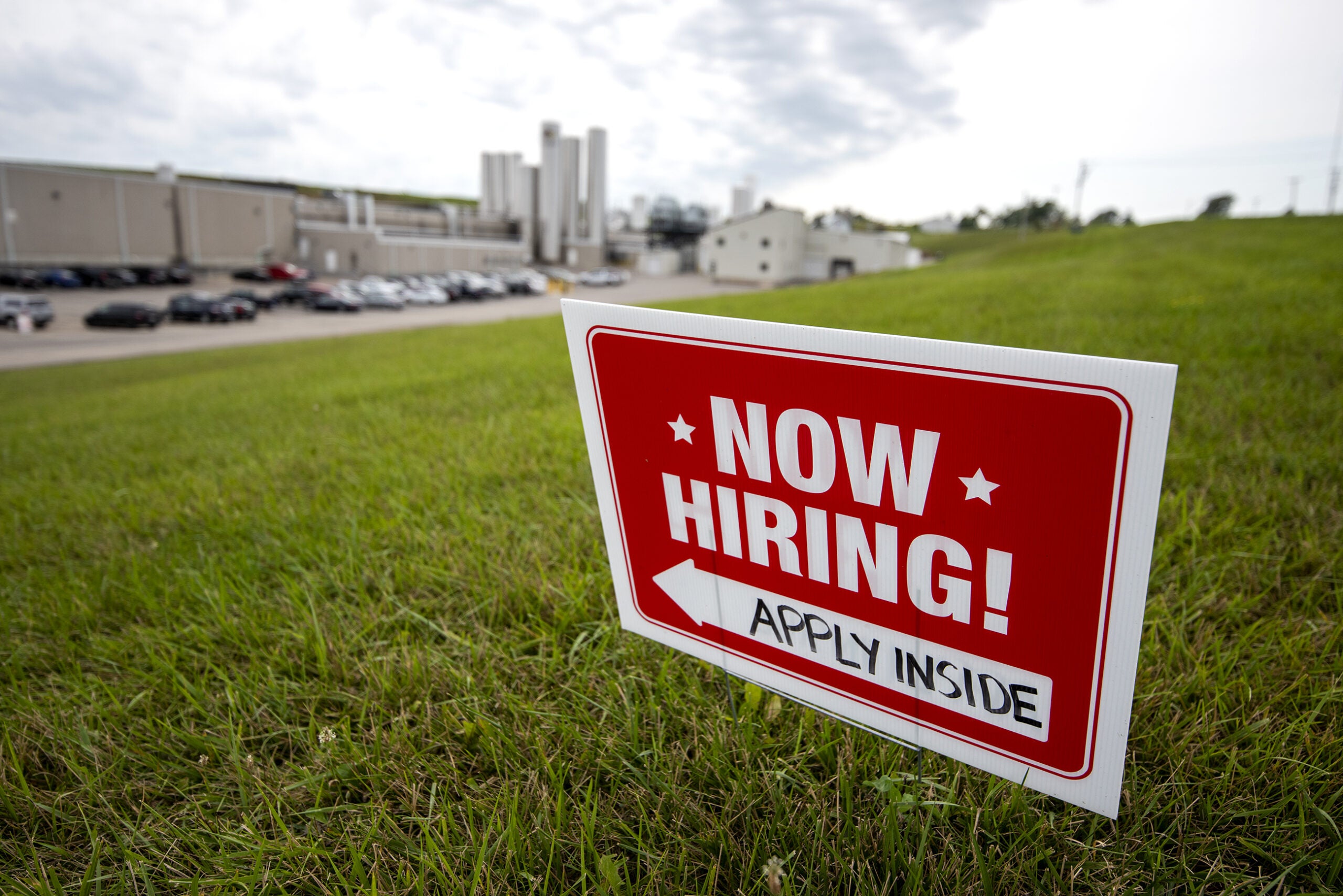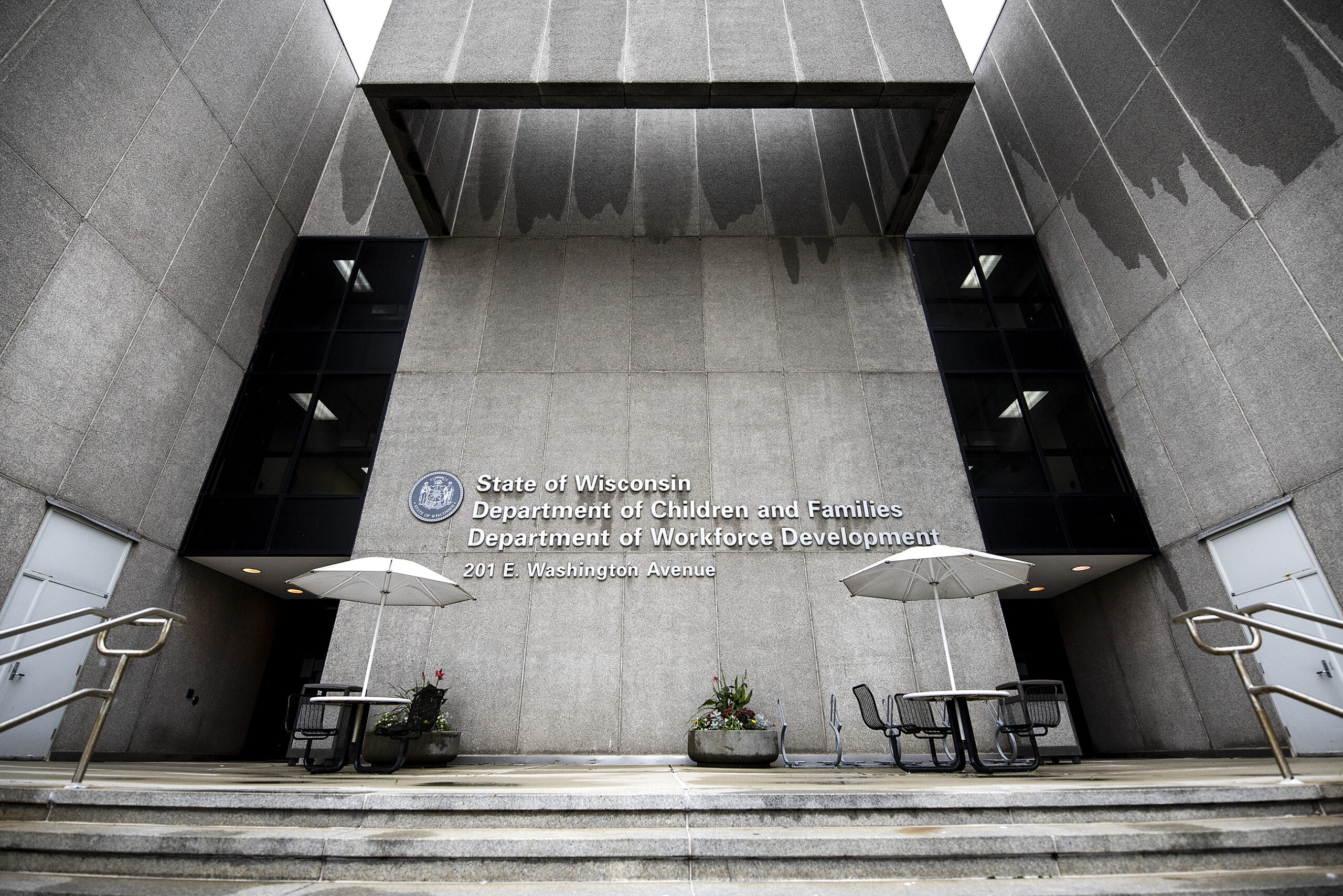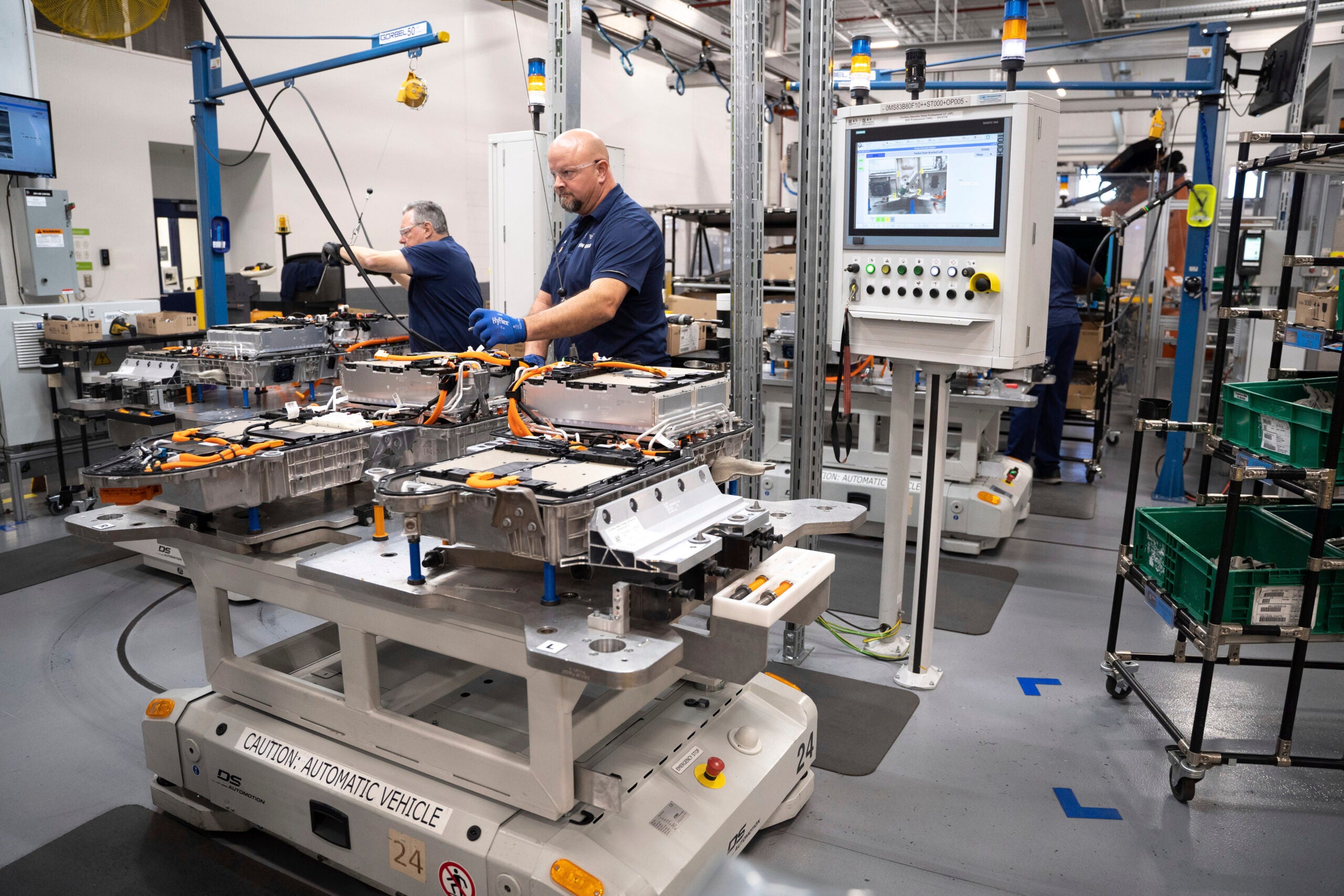For months employers, politicians and economists have squared off over what role additional federal unemployment benefits had in contributing to a worker shortage in Wisconsin.
Now that an extra $300 a week in pandemic jobless benefits has ended, the question many have is whether — and when — people will return to the workforce.
“They will, but at a very small margin. Particularly for low wage jobs,” predicts economist Steven Deller from the University of Wisconsin-Madison.
News with a little more humanity
WPR’s “Wisconsin Today” newsletter keeps you connected to the state you love without feeling overwhelmed. No paywall. No agenda. No corporate filter.
Some will stay on the sidelines because of safety concerns with the more contagious delta variant, he said. Others have transportation or child care issues they’re still grappling with. For those who do return, they may leave their old job behind and either switch careers or strike out on their own.
“We’ve seen a spike in the number of business permit applications,” Deller said, which some are interpreting as people starting their own business over dissatisfaction with their previous job.
Wisconsin was not among the more than two dozen states that put a stop to the additional federal benefit before it officially ended Sept. 4, although there were efforts to do so. Some politicians and business groups said it was an incentive for people to stay home instead of work.
However, Gov. Tony Evers said Wisconsin’s worker shortage runs deeper and that ending the extra pandemic assistance will have a negative impact on those who are relying on the money.
“The argument that we need to take away (this money) so we have enough workers to fill all the jobs in Wisconsin, that’s just not accurate and that will be (apparent) in the near future,” he told reporters in Milwaukee Tuesday. This summer, Evers vetoed a GOP-backed bill that would have ended extra federal unemployment benefits before the program was set to close. An override vote was unsuccessful.
Wisconsin’s population is aging, and retirements have been a concern of the health care sector for years. And although the most recent U.S. Census showed Wisconsin’s overall population growing 3.6 percent, residents have been leaving rural areas of the state for quite some time.
Two-thirds of Wisconsin’s rural counties lost population between 2010 and 2018, according to local research firm Forward Analytics.
The current worker shortage is evident not only by “Help Wanted” signs, but empty tables at restaurants with a line of people waiting to be seated.
Restaurants are one of many businesses that have struggled during the pandemic, with a one-two punch of initially having few, if any customers, to now sometimes having so many they can’t serve them.
“We were a seven-days-a-week, 365-day operation before the pandemic. Now we’re closed Mondays and Tuesdays completely and just struggling to keep our place staffed adequately,” said Chris Wiken, general manager and owner of The Packing House Restaurant in Milwaukee.
The supper club has advertised on job recruitment sites and social media, and increased wages. Wiken is offering dishwashers between $13-15 an hour and pays cooks even more.
“Anything we’ve tried has not been successful. At least not as successful as we need it to be in order to operate at 100 percent,” he lamented.
Wisconsin Public Radio, © Copyright 2026, Board of Regents of the University of Wisconsin System and Wisconsin Educational Communications Board.





